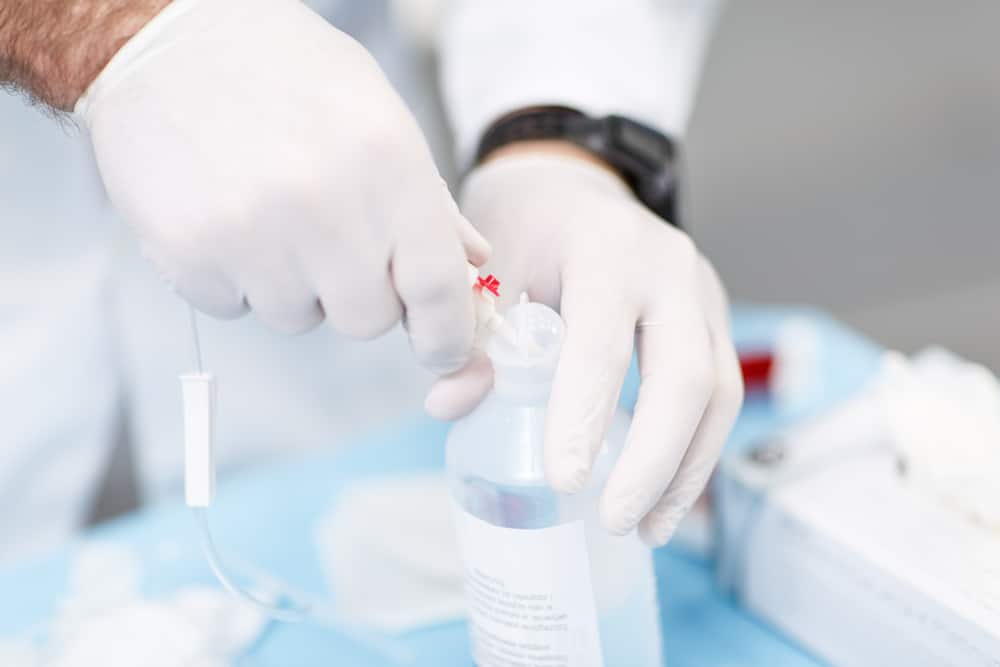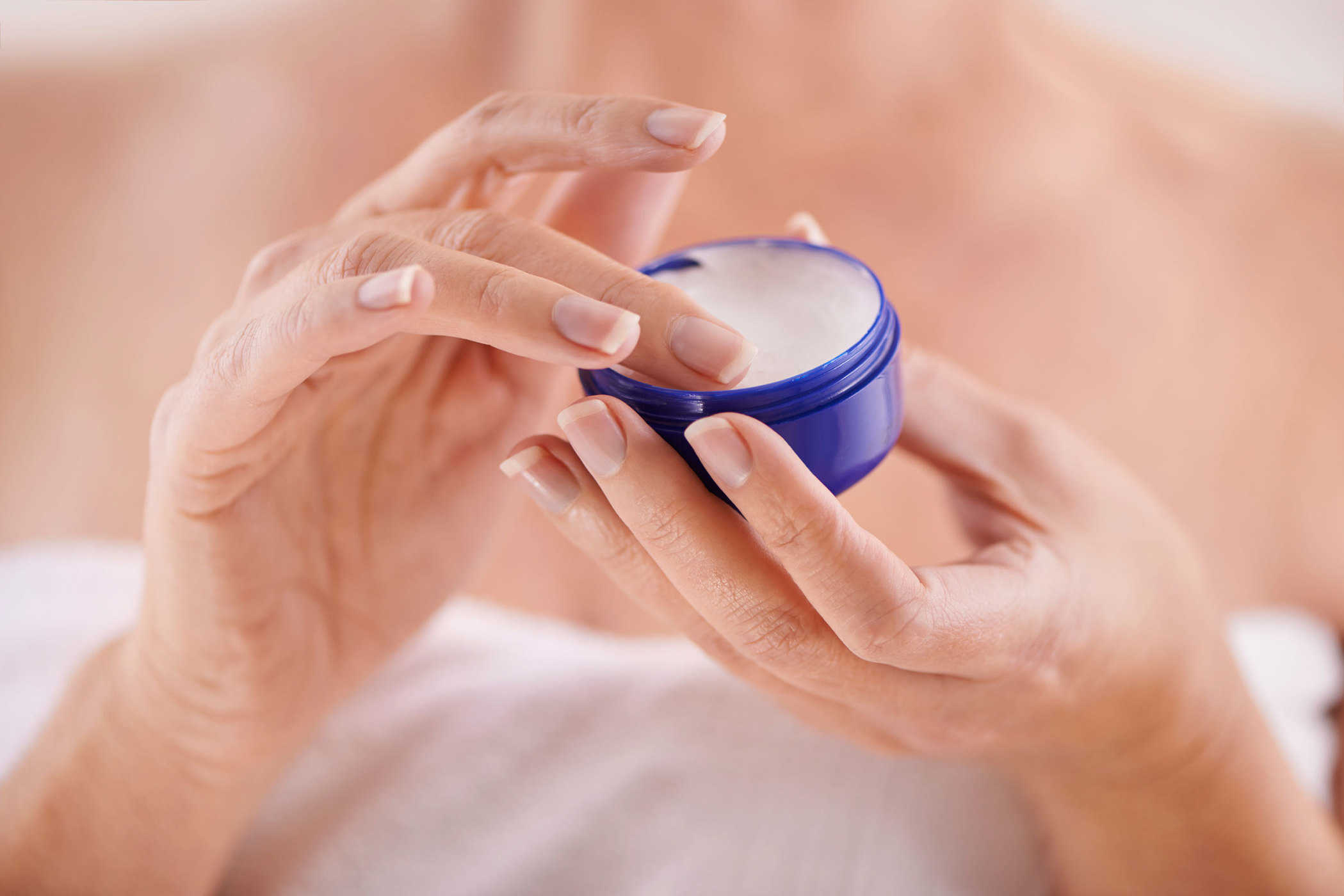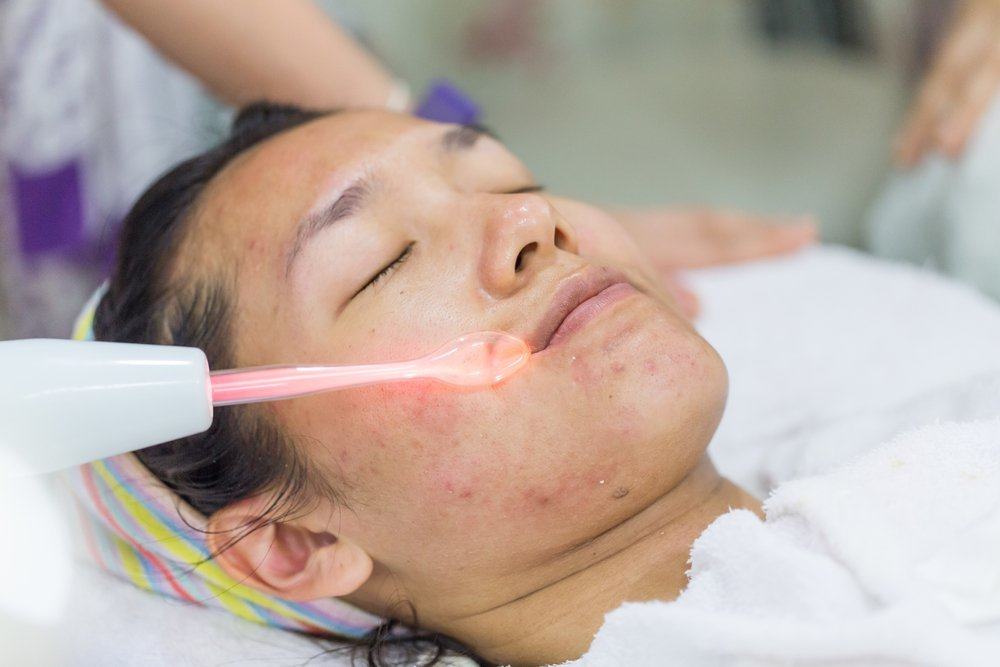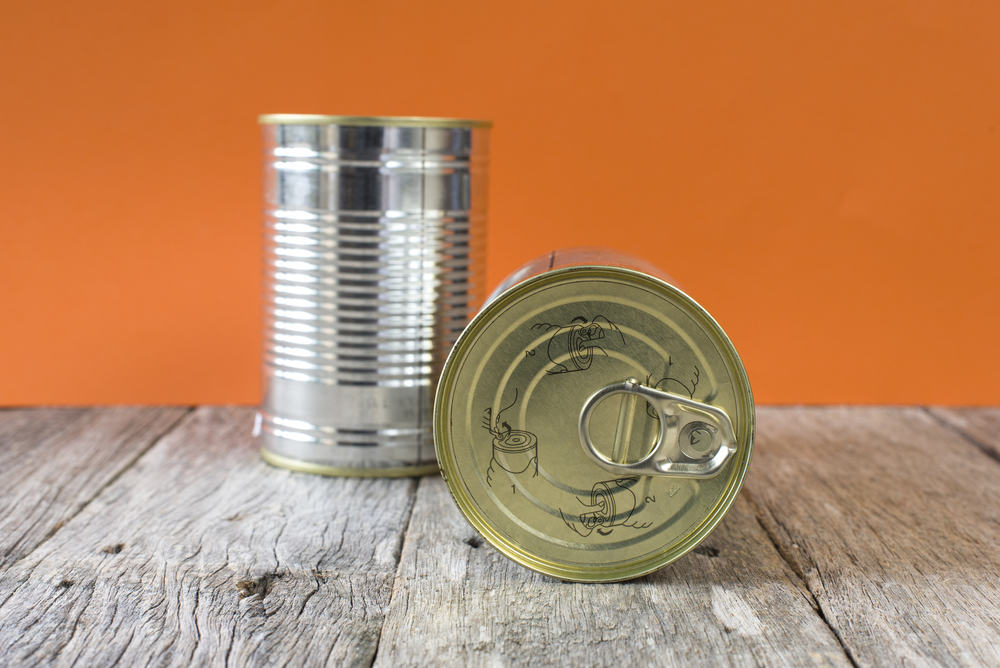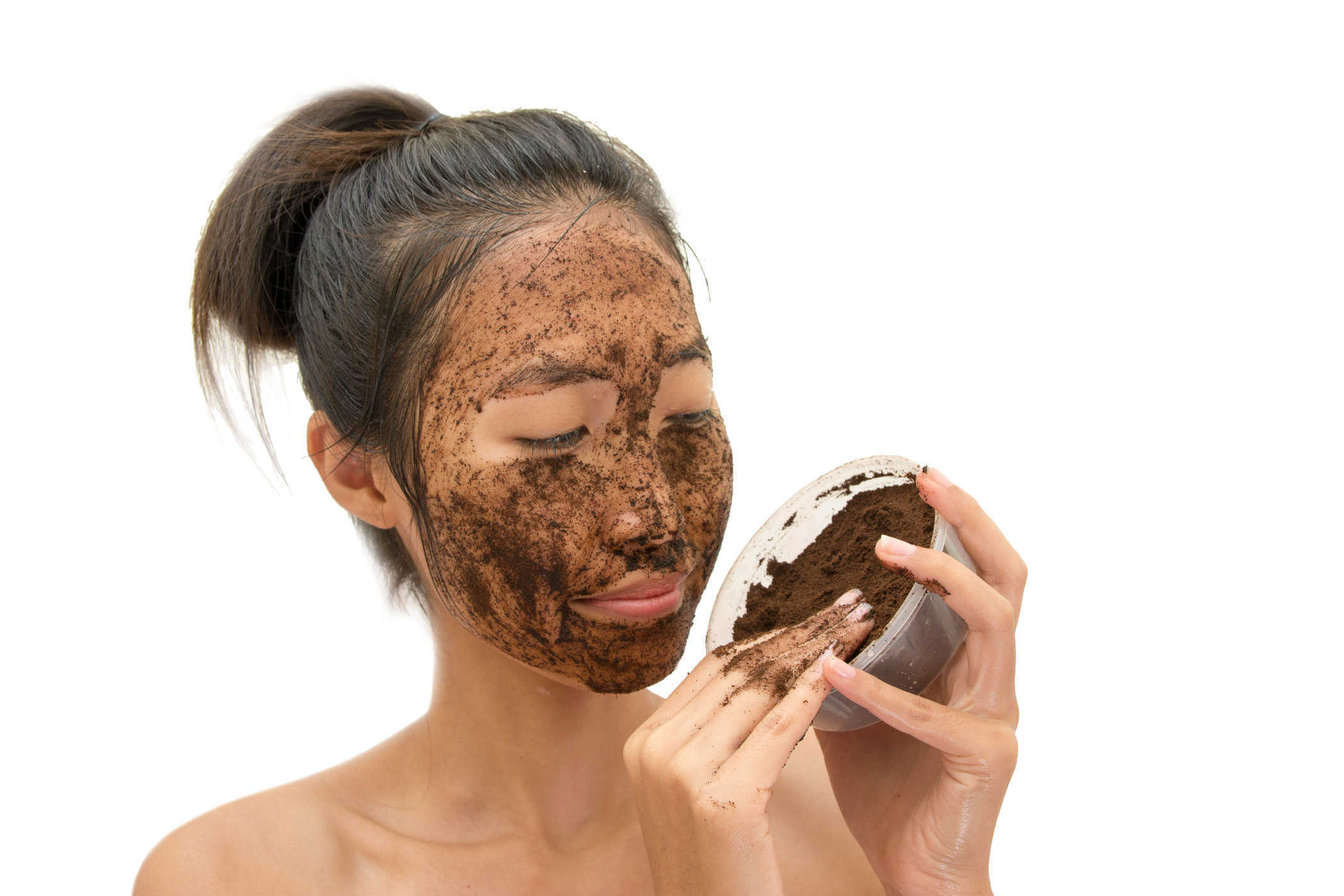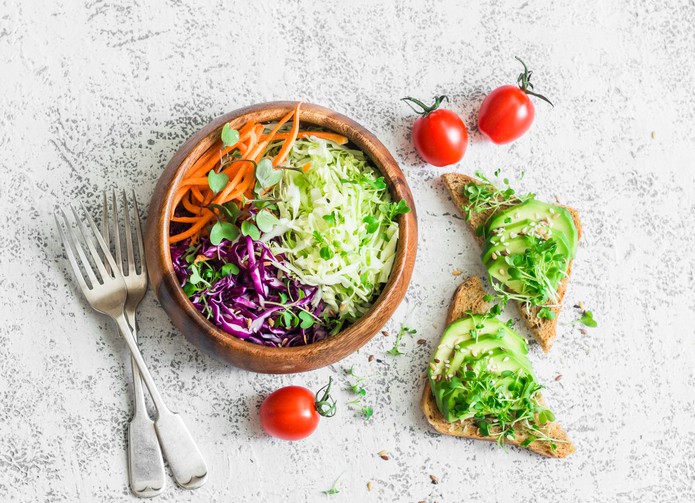Contents:
- Medical Video: Preparing for Chemotherapy
- What should be prepared before chemotherapy?
- 1. Standard blood test
- 2. Radiology tests
- 3. Dental tests
- 4. Podiatric evaluation
- 5. Take a break
- 6. Ask about side effects
- 7. Prepare a plan for daily activities
- Mental and emotional preparation for chemotherapy
Medical Video: Preparing for Chemotherapy
Chemotherapy is one of the treatments recommended for cancer patients. When cancer is diagnosed, the doctor will take what treatment steps to take, and the patient must immediately decide what healing process he will do. Chemotherapy itself is a time-consuming and energy treatment. Running it many times over a period of time and the side effects of chemotherapy itself is certainly not a mild thing. There are several preparations that you can do before chemotherapy.
What should be prepared before chemotherapy?
Make sure you are ready and sure to live it. If you need a second opinion alias second opinionfrom another doctor, do it. Once you are ready and confident, there are things you need to go through before chemotherapy, such as:
1. Standard blood test
Your doctor will refer to a blood test for chemo treatment. This needs to be done as a preliminary note and to make sure your body is ready to undergo chemotherapy. According to Dr. Chabner Thompson, MD, MPH, a radiation oncologist and founder of Best Friends for Life, quoted by Everyday Health, knowing blood levels can be a parameter to measure the success of chemotherapy, whether the treatment carried out is effective or not, or need additional drugs to kill cells cancer.
This blood test will measure how blood responds to chemo. Chemotherapy can destroy cancer, but there are other side effects that need to be measured in the blood, such as whether there are effects on side functions in the liver, kidneys and heart.
2. Radiology tests
There are several types, such as tests ultrasound, X-ray, MRI, CT scan and PET. This test is usually done before, during and after chemotherapy. The time needed to undergo this test is not short, it takes a while to wait. Still according to Chabner Thompson, it's best to bring something that can make you feel comfortable, while waiting. You have to be patient, because this test is done repeatedly after several cycles. This test needs to be done to measure the response to the treatment carried out.
3. Dental tests
Dental examination is very important to do so that signs of infection that trigger complications can be known. When chemotherapy starts, you can start using baking soda and warm water as part of your dental cleaning routine. The National Cancer Institute recommends ¼ teaspoon of baking soda and 1/8 teaspoon of salt in 1 cup of water. This is done to ward off canker sores when chemotherapy starts. You should also use toothpaste that does not contain sodium lauryl sulfate, because it can cause mouth irritation. Some people who become chemotherapy experience dry mouth. In addition, mouthwash containing Biotene can help relieve a painful sensation.
4. Podiatric evaluation
Chemotherapy can affect the nails and skin which can cause infection. If you have poor circulation problems, diabetes, and other health conditions related to the feet or wound healing, you should schedule an evaluation with the specialist.
5. Take a break
You will need a rest after undergoing the chemotherapy process, because chemotherapy can make you tired. Take some time to make yourself healthy and strong again. Weakness is also caused by chemo drugs that make blood decrease. When there is a decrease in blood, your body is susceptible to infection, so you need to rest to restore your body's immunity. In addition, you also need to keep a distance from people who suffer from infections. Viruses can cause serious implications when your blood is low.
6. Ask about side effects
You need to ask about the side effects you will experience during and after chemotherapy with your doctor, so you can anticipate before treatment begins. If treatment causes infertility, you have the choice to store sperm or eggs for the future. If chemotherapy makes losing a lot of hair, you can prepare how to cover it.
7. Prepare a plan for daily activities
As explained above, you need adequate rest after chemotherapy. However, that does not mean you cannot move like anyone else. What is needed is to regulate the lifestyle so that chemotherapy runs smoothly. You can still return to your activities after regaining your energy. It's a good idea to tell your doctor about how much chemotherapy affects your daily activities.
However, it is indeed difficult to predict what exactly is felt. You can ask your doctor for chemotherapy, so you can make plans for your child, work, pets and other commitments.
Mental and emotional preparation for chemotherapy
The effects of chemotherapy are not always physical. According to Paul Hokemeyer, PhD, JD, a licensed family therapist based in Manhattan cited Everyday Health, which must be prepared before chemotherapy is intellectual, emotional, and physical.
When preparing physically, you have to change your lifestyle such as rest, a healthy diet, and exercise, so you can start chemotherapy in strong conditions. While intellectually, focus your mind in a positive direction, about health, and healing, not in a negative direction. From the emotional side, you should seek support from the community and people who allow you to express fear and anxiety. Support and affection from family, friends, relatives and certain groups can help the healing process.
However, you may find it difficult to say what you feel because you do not want to make your loved one anxious. Maybe, getting to know people who have recovered from cancer can help you get excited and stay positive.
READ ALSO:
- Anthracycline for Breast Cancer Chemotherapy
- Overcoming 5 Types of Nutrition Disorders in Chemotherapy Patients
- Chemotherapy for Liver Cancer

